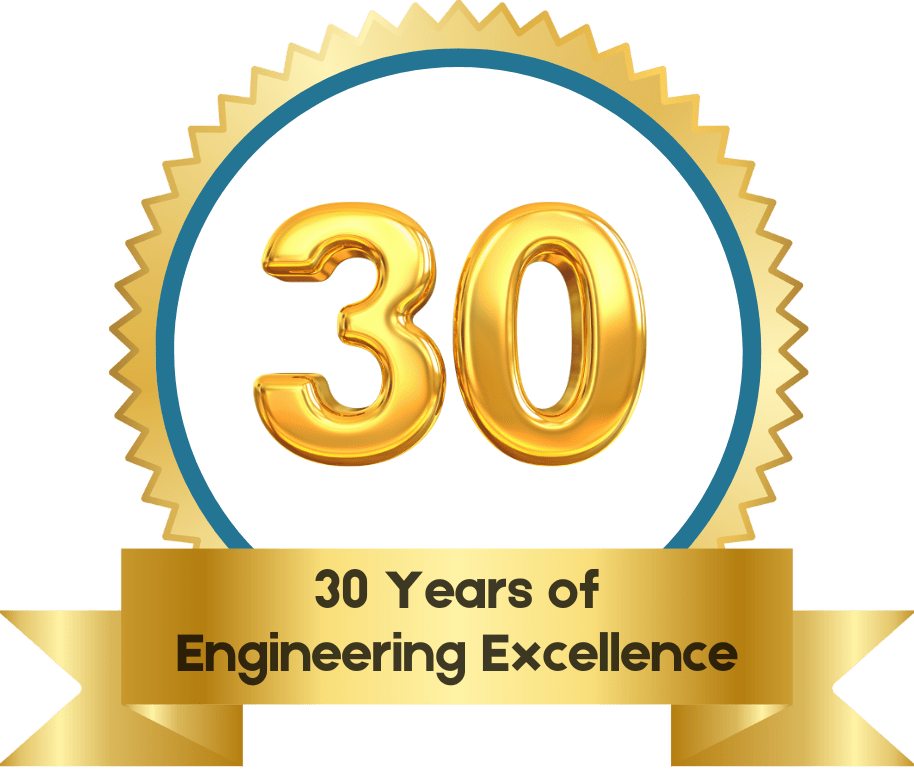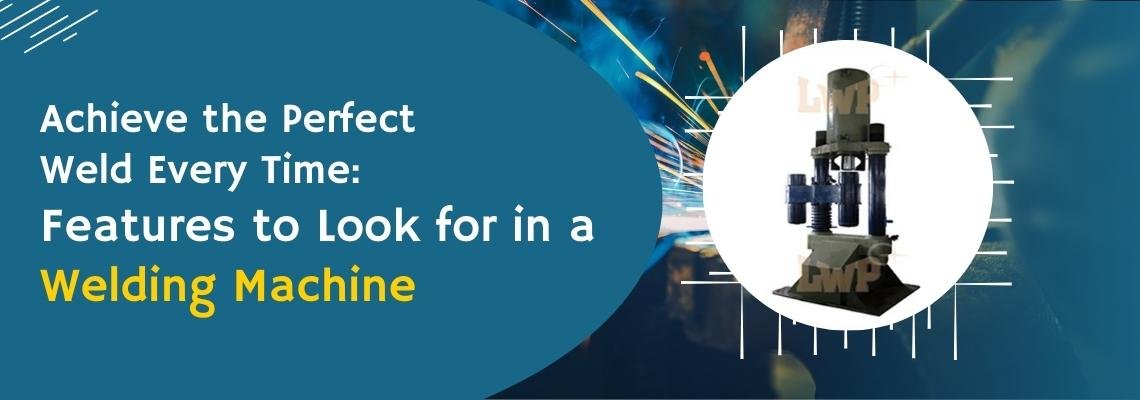Welding is an essential process in various industries, from automotive to construction, and having the right welding machine can make a significant difference in the quality of your work. As a premier Welding Electrode Manufacturer in Coimbatore, India, Logos Weld Products is committed to providing insights that help you achieve the perfect weld every time. In this comprehensive guide, we will explore the key features to look for in a welding machine, ensuring you make an informed decision that enhances your welding projects.
Understanding the Importance of the Right Welding Machine
Selecting the right welding machine is crucial for several reasons. It not only affects the quality of the weld but also impacts productivity, safety, and overall cost-efficiency. With the right equipment, welders can achieve precise, strong, and durable welds, leading to superior project outcomes.
Types of Welding Machines
Stick Welding (SMAW) Machines
Stick welding machines, also known as Shielded Metal Arc Welding (SMAW) machines, are highly versatile and can be used in various conditions, including outdoors. These machines are ideal for welding thicker materials and are commonly used in maintenance, repair, and construction industries.
MIG Welding (GMAW) Machines
Metal Inert Gas (MIG) welding machines are popular for their ease of use and efficiency. They are well-suited for welding thin to medium-thick materials and are widely used in automotive and manufacturing industries. MIG welders provide a cleaner weld with minimal spatter.
TIG Welding (GTAW) Machines
Tungsten Inert Gas (TIG) welding machines offer precision and control, making them ideal for welding thin materials and non-ferrous metals like aluminum and magnesium. TIG welders are commonly used in aerospace, automotive, and art installations where precision is paramount.
Flux-Cored Arc Welding (FCAW) Machines
Flux-Cored Arc Welding machines are similar to MIG welders but use a flux-cored wire. They are excellent for outdoor welding and on dirty or rusty materials. These machines are often used in construction, heavy equipment repair, and shipbuilding.
Key Features to Look for in a Welding Machine
Power Source
The power source of a welding machine is one of the most critical factors to consider. Welding machines can be powered by electricity (AC/DC), batteries, or fuel. Ensure that the power source is compatible with your work environment and provides consistent power output for your welding needs.
Amperage Range
The amperage range of a welding machine determines its capability to weld different materials of varying thicknesses. A broader amperage range offers greater versatility, allowing you to weld both thin and thick materials effectively.
Duty Cycle
The duty cycle indicates the percentage of time a welding machine can operate without overheating within a 10-minute period. A higher duty cycle is preferable for prolonged welding tasks, ensuring the machine can handle extensive use without interruptions.
Portability
Portability is an essential feature, especially for fieldwork and on-site repairs. Lightweight and compact welding machines are easier to transport and maneuver, making them ideal for welders who need to move frequently between job sites.
User Interface and Controls
A user-friendly interface with intuitive controls can significantly enhance the welding experience. Look for machines with clear displays, easy-to-adjust settings, and ergonomic designs that facilitate seamless operation, even for beginners.
Thermal Overload Protection
Safety is paramount in welding, and thermal overload protection is a crucial feature that prevents the machine from overheating. This feature automatically shuts down the machine when it reaches unsafe temperature levels, protecting both the equipment and the operator.
Choosing the Right Welding Machine for Your Needs
Assess Your Welding Requirements
Before purchasing a welding machine, assess your specific welding requirements, including the types of materials you’ll be working with, the thickness of the materials, and the environment in which you’ll be welding. This assessment will help you narrow down the options and select a machine that best suits your needs.
Consider Your Skill Level
Your skill level is an important factor when choosing a welding machine. Beginners might benefit from machines with user-friendly interfaces and automated settings, while experienced welders might prefer machines with advanced features and greater control.
Budget Considerations
Welding machines come in a wide range of prices, so it’s essential to set a budget before making a purchase. While it’s tempting to go for the cheapest option, investing in a high-quality machine with the necessary features can save you money in the long run by reducing maintenance costs and improving productivity.

Brand Reputation and Warranty
Choosing a welding machine from a reputable brand ensures reliability and access to customer support. Additionally, consider the warranty offered by the manufacturer. A good warranty provides peace of mind and protects your investment.
Achieving the perfect weld every time requires not only skill but also the right equipment. By understanding the different types of welding machines and the key features to look for, you can make an informed decision that enhances your welding projects. Whether you’re a beginner or an experienced welder, the right welding machine can significantly impact the quality of your work and overall productivity. At Logos Weld Products, we are dedicated to helping you achieve excellence in welding with our high-quality welding electrodes and expert advice. Choose the right welding machine, and let your welding projects shine with precision and strength.





